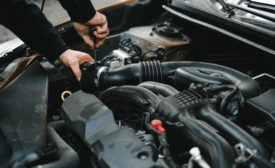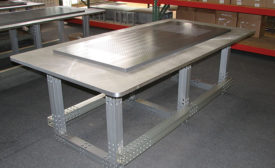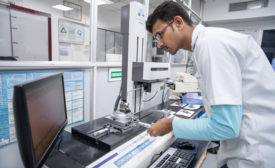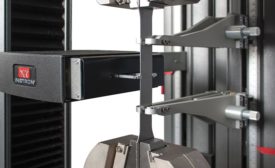Home » automotive industry
Articles Tagged with ''automotive industry''
Sponsored Content
How to Predict and Prevent Product Failure
Preventing both warranty issues and field problems due to lack of product reliability.
February 11, 2022
Modular Fixturing for Clay Model Making Today
Emerging autonomous vehicle companies have joined forces with automakers worldwide in designing new vehicles utilizing modular fixturing.
March 2, 2020
Quality Headline
Hexagon Announces HxGN LIVE Smart Manufacturing Detroit 2020
January 20, 2020
Automobiles and Automation
From the wheel and horse to the push of a button.
January 15, 2020
Using CMMs for Surface Finish Measurement
Advancements in motors and sensors improve CMM surface measurement capabilities.
June 15, 2018
Back to Basics: Material Testing Carbon Fiber Reinforced Plastics
An expert explains how to transition from testing polymers and metals to CFRPs.
June 1, 2018
Embedded Vision Puts Full Power in Compact Footprint
Developers are working to drive out cost and reduce system size while offering enhanced flexibility.
April 30, 2018
Optimum Quality for Safe Driving and Flying
Ensuring component accuracy is of the utmost importance for both the automotive and aerospace industries.
November 13, 2017
Mechanical Testing of Automotive Materials and Components
Testing the performance of components is critical to many automotive suppliers in a quality control aspect—and hugely important for research and development of new products.
October 10, 2017
Stay in the know with Quality’s comprehensive coverage of
the manufacturing and metrology industries.
eNewsletter | Website | eMagazine
JOIN TODAY!Copyright ©2024. All Rights Reserved BNP Media.
Design, CMS, Hosting & Web Development :: ePublishing











